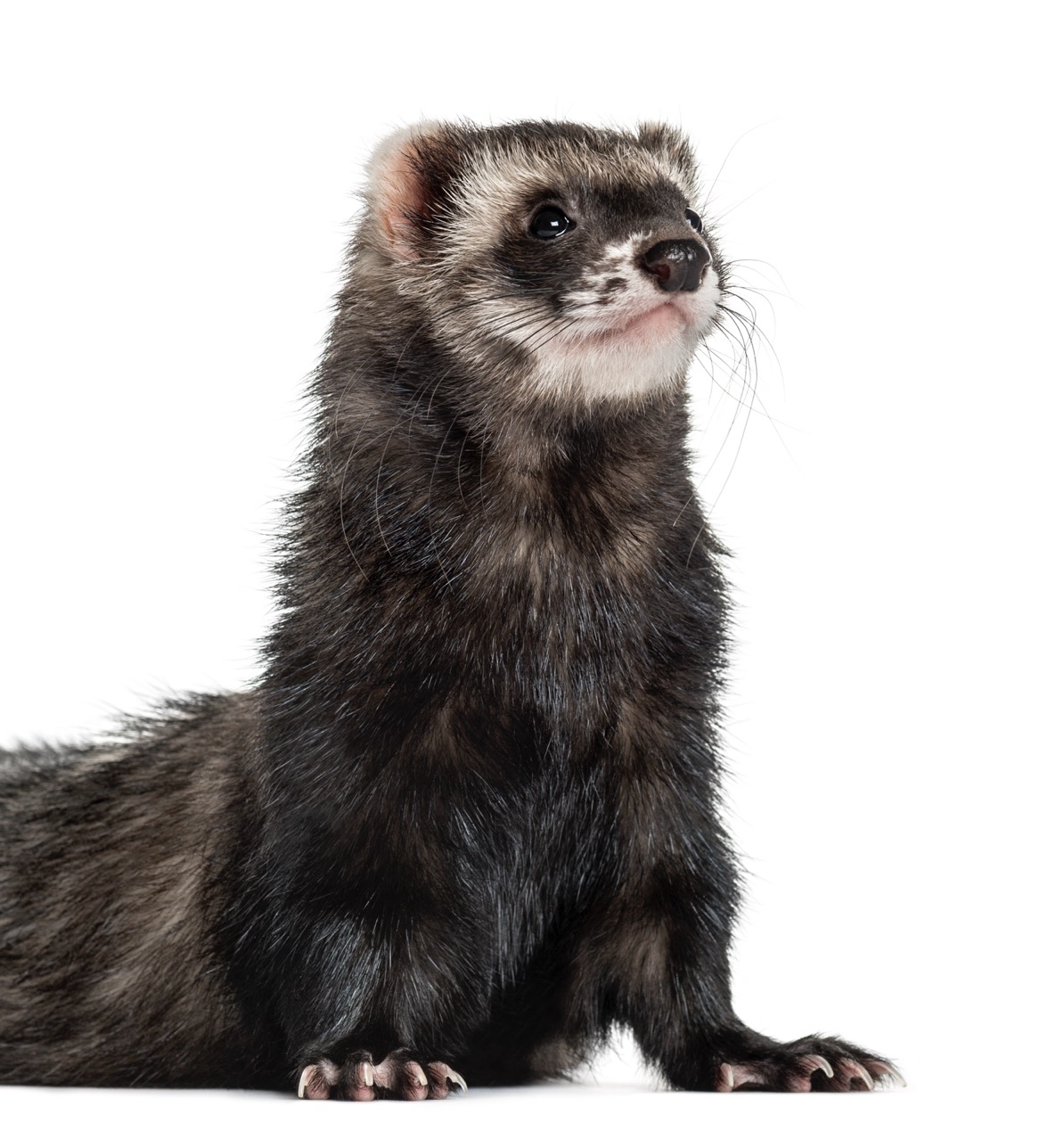===
Ferrets are playful, curious pets that have captured the hearts of many animal lovers. As members of the weasel family, these small mammals are not only social and affectionate but also relatively long-lived for their size. Understanding the average lifespan of domestic ferrets and the factors that can influence their longevity is crucial for any potential or current ferret owner. This article delves into the lifespan of ferrets, offers tips for ensuring a long and healthy life, and outlines the signs of aging that owners should be vigilant about.
Understanding the Average Lifespan of Domestic Ferrets
The average lifespan of a domestic ferret typically ranges from 6 to 10 years. However, with optimal care and a healthy environment, some ferrets can live beyond this range, reaching up to 12 years or more. Various factors contribute to this range, including genetics, diet, and overall living conditions. Understanding these elements can help potential ferret owners set realistic expectations for their pet’s lifespan.
Ferrets are prone to certain health issues that can impact their longevity, such as adrenal disease, insulinoma, and various cancers. Regular veterinary check-ups can help detect these conditions early, allowing for timely intervention and treatment. Furthermore, spaying and neutering are often recommended not only for population control but also for health benefits that can extend a ferret’s life.
Awareness of the typical lifespan of ferrets allows owners to plan for their care throughout their life stages. Just like any pet, ferrets require a commitment that includes financial resources, time, and emotional investment. By understanding what to expect in terms of lifespan, owners can prioritize their ferret’s health and well-being, contributing to a longer, happier life.
Key Factors Influencing Ferret Longevity and Health
Several factors can significantly influence the longevity and health of domestic ferrets. One of the primary considerations is genetics. Ferrets that come from reputable breeders are often healthier and less prone to hereditary health problems. Therefore, prospective ferret owners should seek out breeders who prioritize genetic health and provide proper documentation about their animals’ lineage.
Diet plays a crucial role in the health of a ferret. Ferrets are obligate carnivores, meaning their diet should primarily consist of high-quality animal-based protein. A diet lacking in essential nutrients can lead to various health issues that may shorten their lifespan. Owners should ensure that their ferret’s diet is rich in protein and low in carbohydrates, and they should consult with a veterinarian for dietary recommendations tailored to their pet’s needs.
Environmental factors, including cage setup and socialization, also affect a ferret’s health and longevity. Ferrets thrive in stimulating environments that allow them to express their natural behaviors. Providing enrichment through toys, tunnels, and social interaction can significantly enhance their quality of life. Additionally, ensuring a clean living space and regular exercise will help maintain their overall well-being and contribute to a longer lifespan.
Essential Care Tips for Extending Your Ferret’s Life
To extend your ferret’s life, regular veterinary check-ups are essential. Veterinarians specializing in exotic pets can offer tailored advice and interventions for common ferret health issues. Annual health exams can help catch potential problems early, enabling timely treatment and often resulting in better outcomes. Vaccinations and preventative care, including flea and heartworm prevention, are equally critical to maintaining a healthy ferret.
Proper nutrition is another cornerstone of ferret care. Ferret owners should opt for high-quality ferret food that meets their nutritional requirements and avoid feeding them dog or cat food, which may lack essential nutrients. Additionally, ferrets require access to fresh water at all times, and the right diet should be complemented by occasional treats, such as small pieces of cooked meat or ferret-specific snacks. Monitoring their weight and adjusting their diet accordingly can also prevent obesity, which is detrimental to their health.
Lastly, providing mental and physical stimulation is vital for a ferret’s well-being. Engaging toys, playtime, and safe out-of-cage exploration can help keep a ferret active and mentally stimulated. Social interaction with both humans and other ferrets is equally important, as these social creatures thrive on companionship. Implementing a routine that includes play and socialization will not only enhance your ferret’s quality of life but also contribute to their longevity.
Recognizing Signs of Aging in Ferrets: A Guide for Owners
As ferrets age, they may exhibit various physical and behavioral changes that indicate they are entering their senior years. One common sign of aging is a decrease in energy levels and increased sleep. While it is normal for ferrets to sleep a lot, significant changes in their activity levels may warrant a visit to the veterinarian to rule out underlying health issues.
Another sign of aging in ferrets can be changes in their coat condition. Older ferrets may develop graying fur or experience thinning of their coat, which can be an indication of health decline or hormonal changes. Observing any skin conditions or unusual fur loss can also serve as red flags that require veterinary attention.
Furthermore, changes in eating habits, such as increased or decreased appetite, can be significant indicators of aging and overall health. Older ferrets might be less interested in food or may require softer food due to dental issues. Regular observation of your ferret’s eating and drinking habits, along with their behavior and physical condition, will help you identify when they may need additional care or veterinary evaluation as they age.
===
Understanding the lifespan of ferrets and how to care for them is essential for creating a nurturing environment that promotes long life and health. By recognizing the key factors that influence longevity, implementing essential care tips, and being vigilant about the signs of aging, ferret owners can significantly enhance their pets’ quality of life. Ultimately, the commitment to a ferret’s health and happiness not only strengthens the bond between pet and owner but also ensures that these delightful creatures live out their lives to the fullest.










